The aroma of Qahwa, the traditional Palestinian coffee, carries with it centuries of history, culture, and resilience. Brewed in a dallah, the iconic Arabic coffee pot, and served in small cups without handles, this dark, cardamom-infused drink is more than just a beverage—it’s a symbol of hospitality, identity, and resistance. In Palestinian homes, the preparation and sharing of Qahwa are rituals that bind families and communities together, even in the face of displacement and conflict.
Unlike the commercial coffee consumed in many parts of the world, Palestinian Qahwa is deeply tied to the land and its people. The beans are often roasted fresh, ground by hand, and brewed slowly over a flame. The addition of cardamom, sometimes with a hint of saffron or cloves, gives it a distinctive flavor that is both bold and aromatic. This method of preparation has been passed down through generations, preserving a tradition that predates the modern coffee culture of cafes and espresso machines.
The significance of Qahwa in Palestinian culture cannot be overstated. It is the first thing offered to guests, a gesture of welcome and respect. Refusing a cup is considered impolite, as the act of sharing coffee is seen as a bond of trust and friendship. In refugee camps, where many Palestinians have lived for decades, Qahwa remains a steadfast reminder of home. Elders recount stories of their villages over cups of coffee, keeping memories alive for younger generations who have never seen their ancestral lands.
Political and economic struggles have shaped the way Qahwa is consumed and perceived. During the First Intifada, when Palestinian households faced shortages and curfews, coffee beans became a precious commodity. Families would stretch their supplies by reusing grounds or mixing them with chickpeas or barley. Even in such hardship, the ritual of Qahwa persisted, becoming an act of defiance against attempts to erase Palestinian culture. Today, in cities like Ramallah and Gaza, coffee shops serve as gathering places for intellectuals, activists, and artists, where discussions about resistance and identity unfold over steaming cups of Qahwa.
The global coffee industry has largely overlooked Palestinian Qahwa, but efforts are underway to bring it to the world stage. Small cooperatives in the West Bank are working with fair-trade organizations to export high-quality Palestinian coffee, often branded with symbols like the olive tree or the key—a representation of the right of return for refugees. These initiatives not only provide economic opportunities but also challenge the narrative that Palestinian products are inferior or nonexistent. For diaspora Palestinians, buying and brewing Qahwa is a way to stay connected to their roots.
Yet, the future of Qahwa is uncertain. Climate change, political instability, and the encroachment of Western coffee chains threaten to dilute this ancient tradition. Younger generations, raised on instant coffee and frappuccinos, sometimes view Qahwa as old-fashioned. But there is also a growing movement to reclaim and modernize it, with some cafes experimenting with Qahwa-based lattes or cold brews. The challenge lies in balancing innovation with preservation, ensuring that the soul of Palestinian coffee is not lost in the process.
In every sip of Qahwa, there is a story—of resilience, of heritage, of a people who refuse to be forgotten. It is a drink that has weathered empires, wars, and displacement, yet remains a cornerstone of Palestinian identity. Whether in a refugee camp, a bustling city café, or a quiet home in exile, the ritual of Qahwa endures, a bitter yet comforting reminder of where Palestinians have been and where they hope to go.
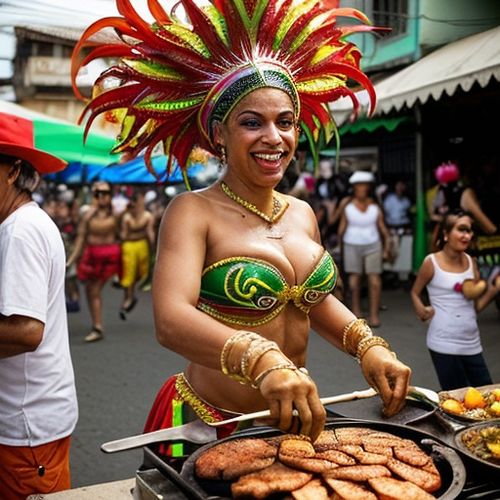
By Laura Wilson/May 10, 2025
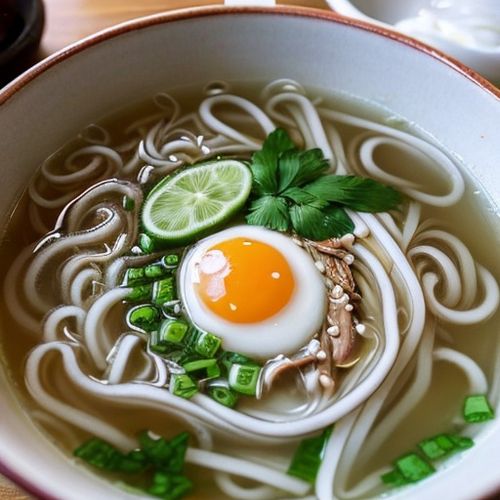
By Christopher Harris/May 10, 2025
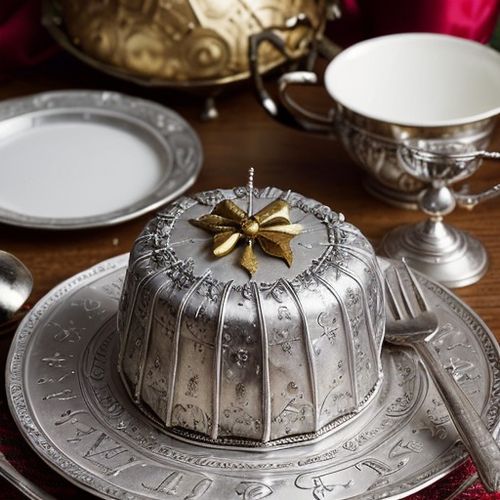
By Samuel Cooper/May 10, 2025
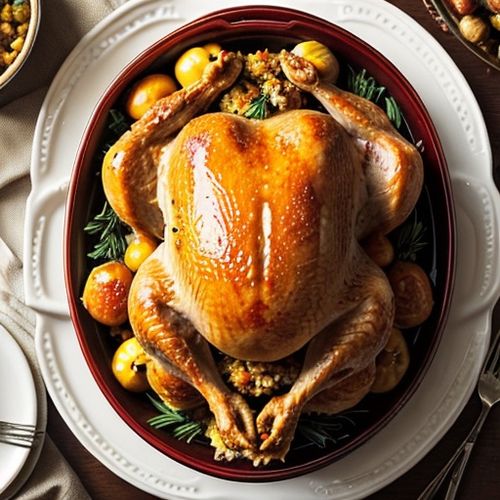
By Megan Clark/May 10, 2025
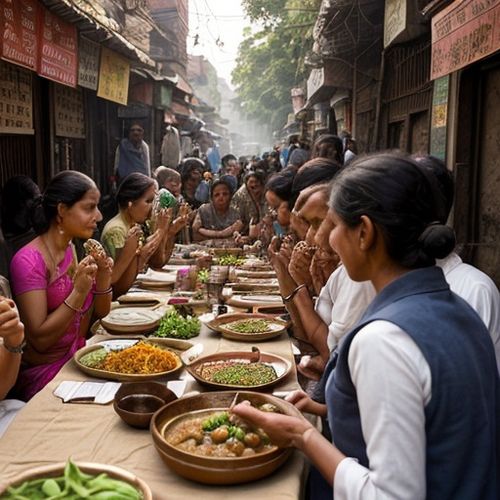
By Olivia Reed/May 10, 2025
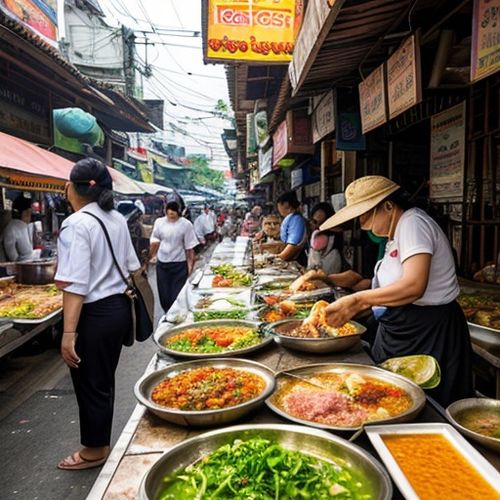
By Natalie Campbell/May 10, 2025
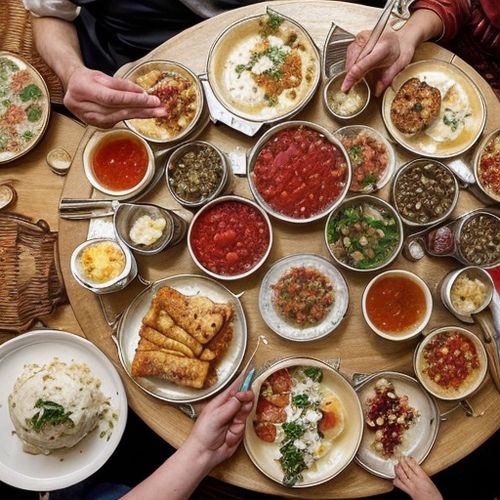
By Sophia Lewis/May 10, 2025
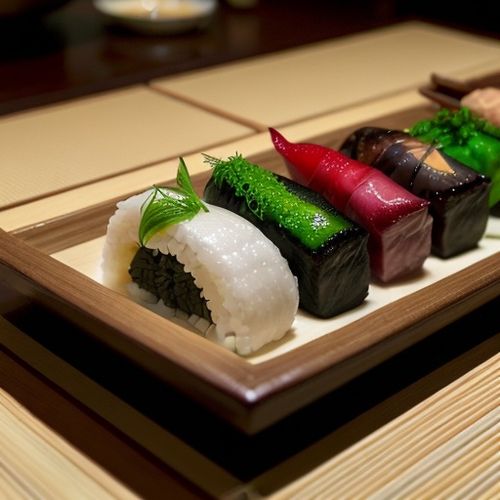
By George Bailey/May 10, 2025
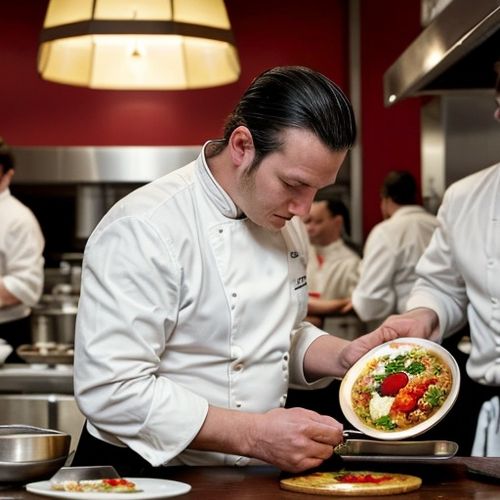
By Eric Ward/May 10, 2025
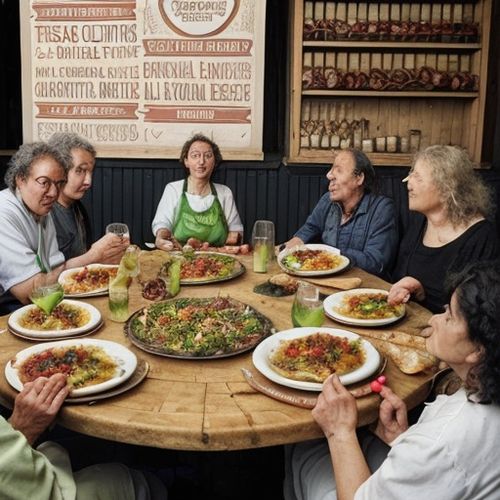
By Daniel Scott/May 10, 2025
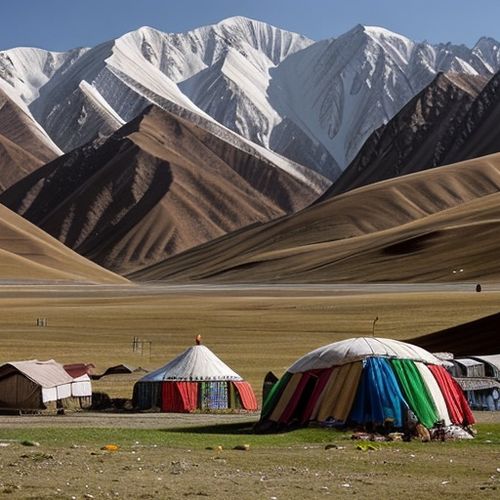
By George Bailey/May 10, 2025
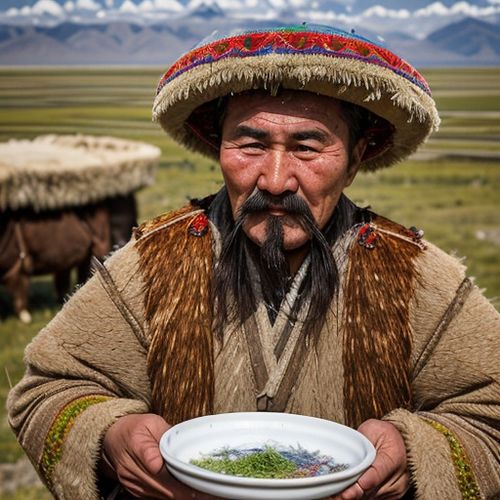
By Elizabeth Taylor/May 10, 2025
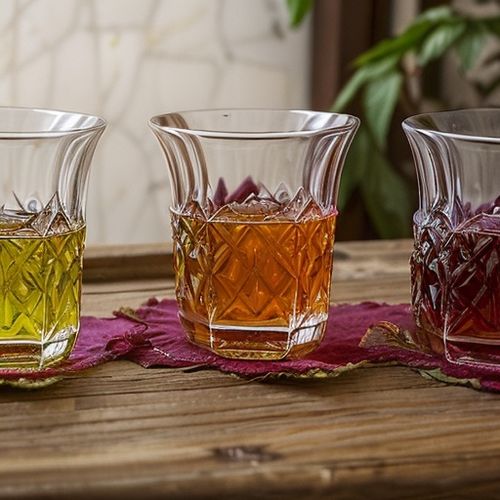
By Natalie Campbell/May 10, 2025
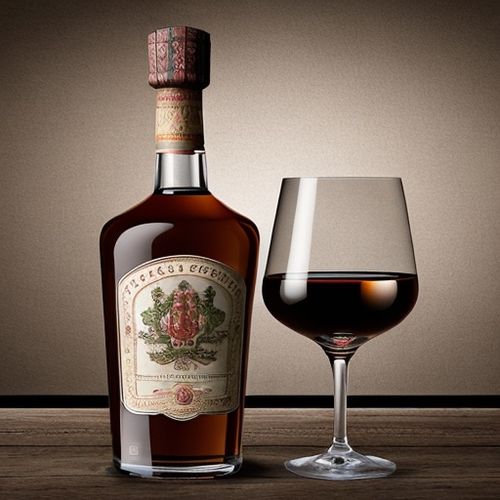
By Emily Johnson/May 10, 2025
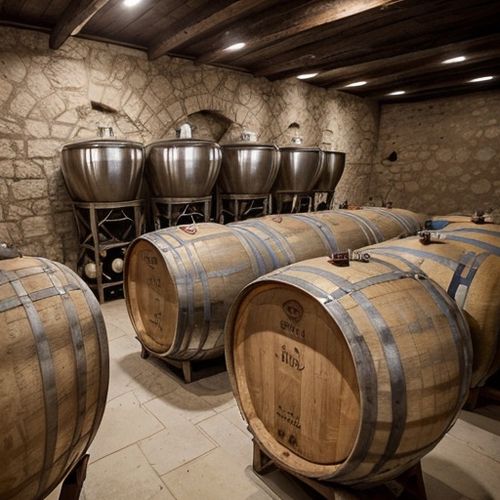
By Elizabeth Taylor/May 10, 2025
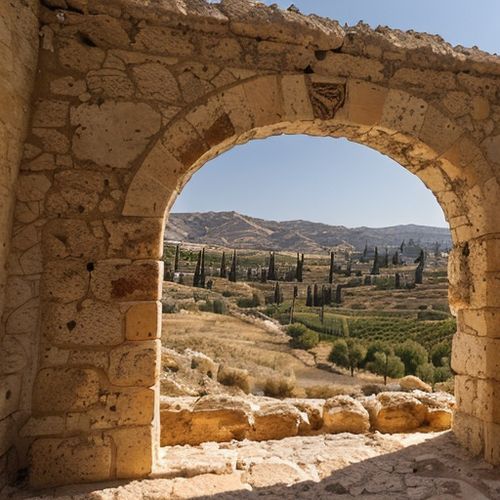
By Thomas Roberts/May 10, 2025
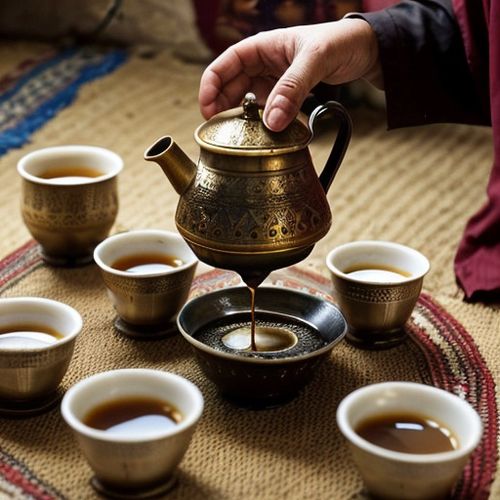
By Christopher Harris/May 10, 2025
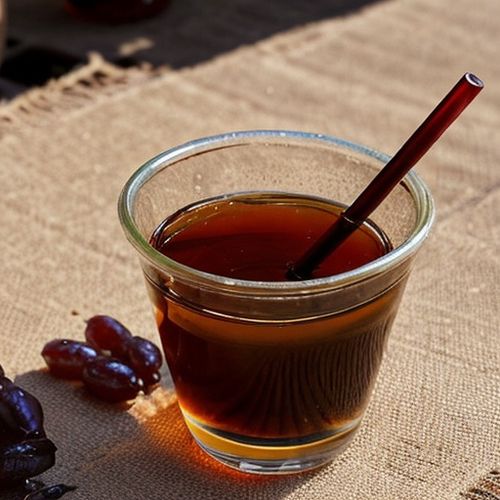
By Megan Clark/May 10, 2025
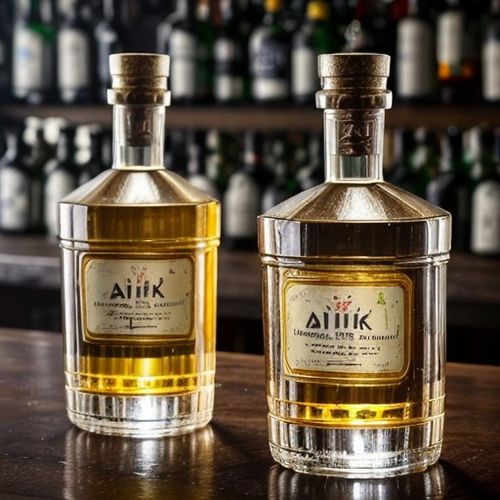
By Samuel Cooper/May 10, 2025
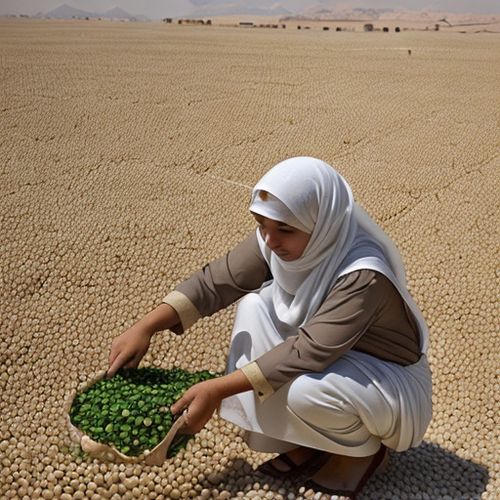
By James Moore/May 10, 2025